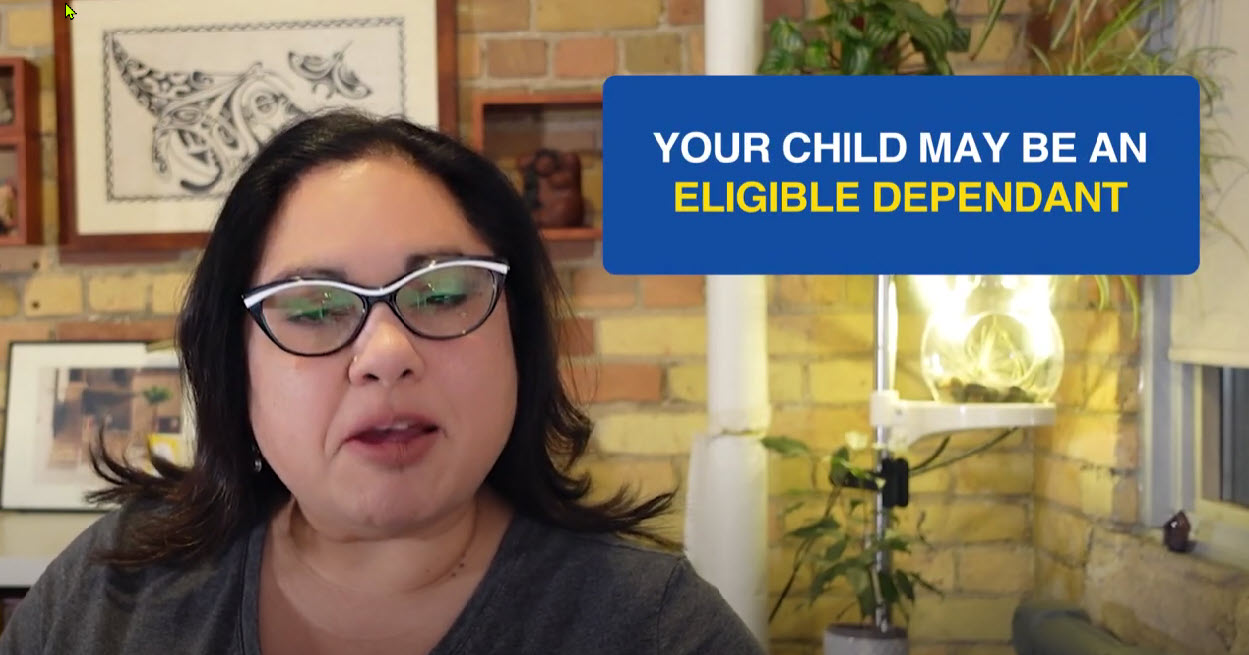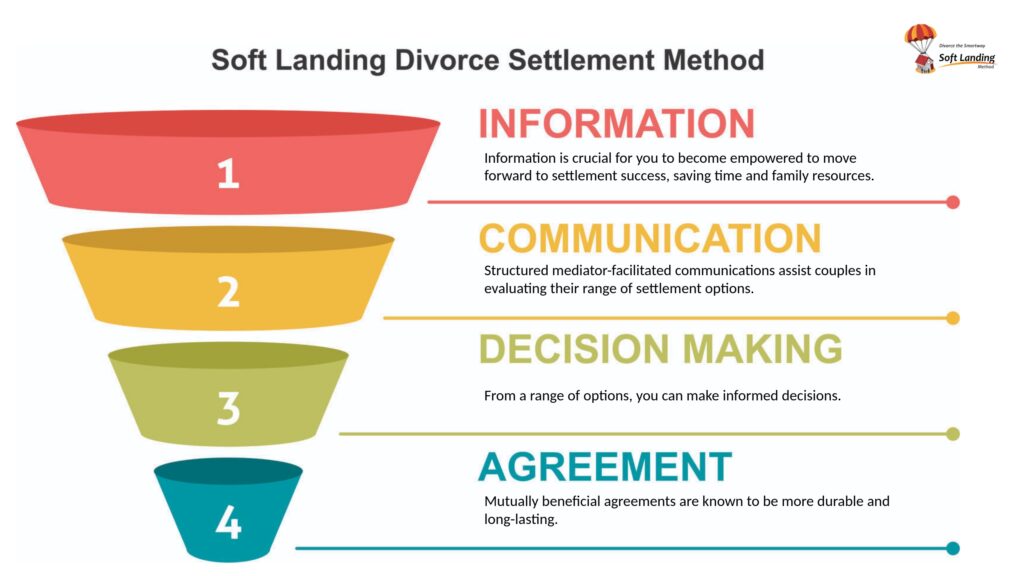Understanding the Eligible Dependant Tax Credit in Canada

More about the Eligible Dependent Tax Credit
Video – Eligible Dependent

Eligible Dependent Tax Credit FAQ
In shared custody, the eligible dependent credit can be claimed by only one parent each tax year. Parents need to decide or follow a legal agreement on who claims the credit each year to comply with CRA regulations.
The eligible dependent tax credit is a non-refundable tax credit offered by the CRA to help reduce the tax burden of Canadians who support a dependent, such as a child, especially following separation or divorce. This credit is particularly significant in single-parent families.
If both parents claim a child as a dependent in Canada, it can lead to an audit by the CRA, and the duplicate claim might be denied. Parents are advised to coordinate their claims to avoid legal and financial complications.
The parent who claims a child on taxes in Canada is typically the one with whom the child lives for the majority of the year. In shared custody arrangements, parents may agree or be ordered by court to alternate who claims the child each year.
Yes, each parent may claim a different child on their taxes in Canada if they have more than one child, provided that each child qualifies as an eligible dependent under the CRA guidelines. This arrangement should be part of their custody agreement.
In Canada, when parents have 50/50 custody, only one parent can claim the child as an eligible dependent on their taxes each year. The parents may decide between themselves who will claim the credit each year or follow a court order or written agreement stipulating the arrangement.
Who Gets the Child Tax Credit in a 50/50 Custody Arrangement in Canada?
Links to additional resources you may find useful
- Can you claim the amount for an eligible dependant? – Eligibility criteria for claiming an eligible dependant.
- Line 30400 – Amount for an eligible dependant – Information about claiming the amount for an eligible dependant with impairments.
- Claiming an eligible dependant – Guidelines for claiming an eligible dependant such as a parent, grandparent, child, or sibling.
- Choosing between the spousal amount and eligible dependant amount – Conditions for claiming the eligible dependant amount.
- Rules for Claiming Dependents on Taxes – TurboTax – Intuit – Overview of the rules for claiming dependents for tax credits.
- Claiming the Eligible Dependant – Information on the eligible dependent credit for single adults.
- Claiming dependents on taxes in Canada – Who is Eligible? – Information on spousal tax credits and claiming dependents in Canada.
- Dependents and tax credits – MyTaxHub Tax Tips – Explanation of the non-refundable tax credit for eligible dependents.
- Ufile not claiming eligible dependent – but should – Discussion on eligibility for claiming an eligible dependant credit.
- Income Tax Act (RSC, 1985, c. 1 (5th Supp.)) – Legal information on tax credits and dependents.
- Finance – Personal Tax Credits – Overview of personal tax credits in Manitoba, including the eligible dependent amount.
- 2019-0818101I7 Eligible Dependent Tax Credit – Technical interpretation on claiming the eligible dependent tax credit.
- Why can’t I claim more than one child as my eligible dependant? – Explanation of rules for claiming eligible dependents when single, separated, divorced, or widowed.
Ken Maynard CDFA, Acc.FM
I assist intelligent and successful couples in crafting rapid, custom separation agreements that pave the way for a smooth transition towards a secure future. This efficient process is achieved in about four meetings, effectively sidestepping the excessive conflicts, confusion, and costs commonly linked to legal proceedings. Clients have the flexibility to collaborate with me either via video conference or in-person through a DTSW associate at any of our six Greater Toronto mediation centers, located in Aurora, Barrie, North York, Vaughan, Mississauga, and Scarborough.
Have a few questions - Tap here to Schedule a Get Acquainted Call


















































